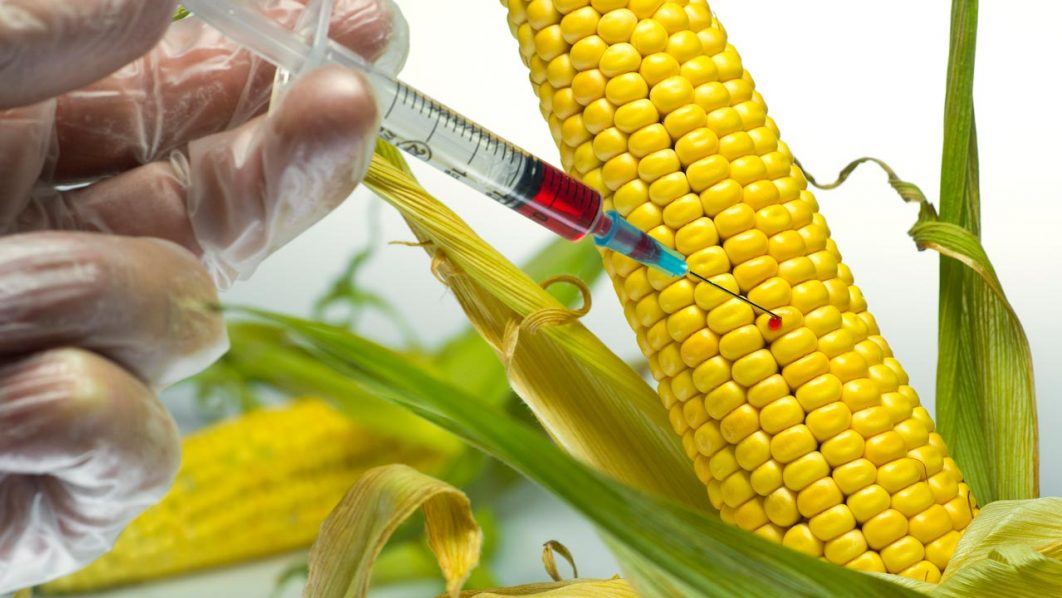Agribusiness
Importation Of Duty-Free GMO Maize Set To Begin Today

President Ruto’s administration will from today allow the importation of duty-free genetically modified maize in re-established efforts to limit the runaway inflation that has engulfed the country.
Trade Cabinet secretary Moses Kuria said yesterday that imports of duty-free GMO maize would last for the next six months in a window the State expects to net 10 million bags.
The shipments are expected to plug the gap triggered by reduced harvest in the wake of prolonged drought, which pushed the cost of the staple maize flour to rise to an average of Sh190 in October for the two-kilogramme packet from Sh130 at the start of the year.
The costly maize flour together with fuel and other food items has led to Kenya’s monthly inflation rising to a 65-month high of 9.6 per cent in October, squeezing household budgets and demand for goods and services.
The sky-high inflation, which is above the government’s target range of 2.5-7.5 per cent, has forced many households, especially in the low-income segment, to reduce their shopping basket in an environment where firms have frozen salaries as they recover from Covid-19 economic hardships.
The increase in the cost of essential commodities has forced workers to cut back spending on non-essential items such as beer and airtime, ultimately hurting firms like East Africa Breweries Limited and Safaricom.
The State is now seeking imports to cool food prices, with maize costs expected to hit historic levels without the shipments.
“There is no harm in adding GMO to the list of the very many things that can kill you in this country. That is why we have deliberately decided to allow GMOs into this country until we are satisfied that we have enough maize, the staple food,” said Kuria.
“Tomorrow (today) I’m signing a gazette notice to allow for the importation of GMO maize duty-free until we achieve food security because that is our cardinal responsibility as government.”
The Kenya National Bureau of Statistics says consumers on average spent 15.8 per cent more to buy foodstuffs than a year ago.
The policy intervention will see importers enjoy a full waiver of the 16 per cent duty levy charged on the cost, insurance and freight (CIF) of import value.
On October 3, President William Ruto lifted the ban on the cultivation of GMO products after 10 years of field trials by local scientists, citing the country’s need to promptly address food security and lower food costs.
The ban had been effected in 2012 following a study by a French scientist that linked it to cancerous tumors in rats that were fed GMO crops.
Kenya is battling the worst drought situation in 40 years, consequently hurting food production in a country where farming activities are largely dependent on rainfall.
Attempts to subsidies the price of a two-kilogramme packet of maize flour in mid-July by the previous administration of President Uhuru Kenyatta failed with consumers struggling to access the commodity in retail stores despite costing the taxpayers more than Sh 8 billion in a month.
Dr Ruto, who had pledged to lower the cost of a two-kilo packet of maize meal to below Sh 100 during presidential campaigns, has ruled out costly consumption subsidies on flour, saying they are unsustainable.







